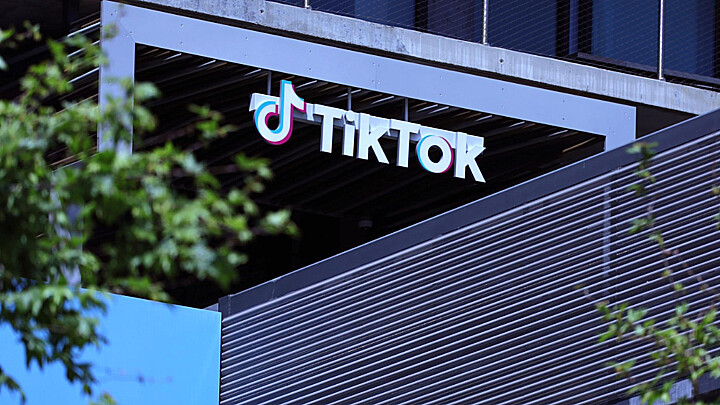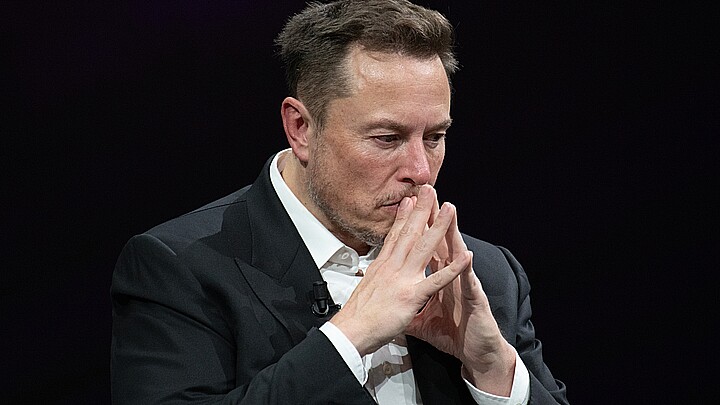Technology
What is Mastodon, the 'Twitter alternative' users are flocking to?
Many disgruntled Twitter users have sought alternatives to the platform, with one of the most popular ones being Mastodon
November 8, 2022 8:39pm
Updated: November 10, 2022 8:49am
After Elon Musk bought Twitter for $44 billion on October 27, several changes were made to the social network that has alienated several users. Many disgruntled Twitter users have sought alternatives to the platform, with one of the most popular ones being Mastodon.
But what exactly is this new, up-and-coming social media platform?
Mastodon was launched in 2016 and named after the extinct relative of elephants. The platform describes itself as a “free, open-source decentralized social media platform” that aims to be “a viable alternative to Twitter.”
The open-source platform was developed by Mastodon gGmbH, a German nonprofit led by software developer Eugen Rochko. By being open source, any individual can contribute to the code of Mastodon to fix bugs or add new features.
However, Mastodon substantially differs from Twitter: instead of being a single social network, it is a collection of social networks that are linked together but are owned by different people or groups. Mastodon calls this network of servers the “Fediverse.”
Any user can create their version of Mastodon, with their own rules and regulations that apply to that version. This has led social networks such as Truth Social and Gab to use Mastodon’s code. While the company opposed such moves, it ultimately said that being open source means anyone can use it.
In this sense, Mastodon resembles Discord, in which users join servers and post things that are visible only within that particular server. In contrast, all tweets are shared with everyone on Twitter.
Since October 27, more than 70,000 users have joined Mastodon, increasing its active users to more than a million.
Meanwhile, Twitter has been losing its active users—even since before Musk’s deal was announced. According to an MIT Technology Review report, more than a million followers have left the social media platform.










